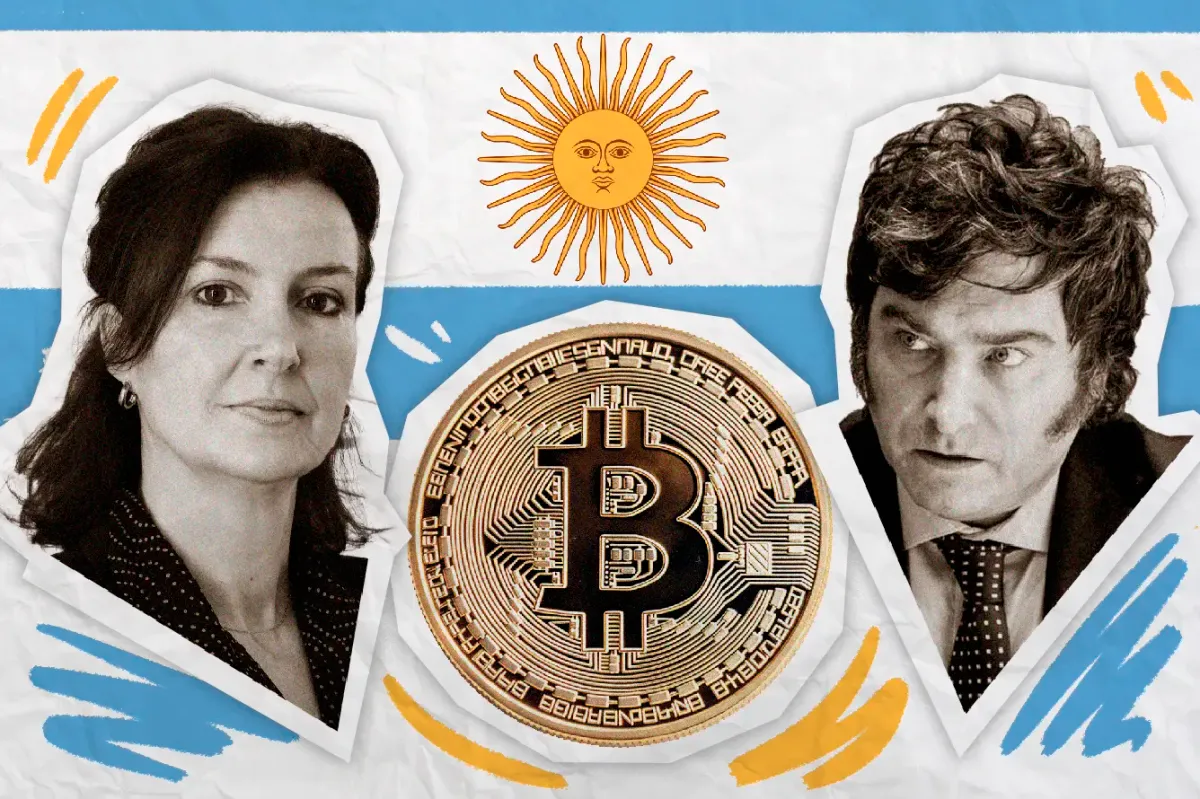
Diana Mondino, Argentina's newly appointed Minister of Foreign Affairs, has revealed a ratification of payment bureaucracy that will allow contracts in the second largest South American economy to be paid in Bitcoin, cryptocurrencies, beef, milk or any other type of good that the contractual parties agree with.
On X, Mondino said, "We ratify and confirm that in Argentina contracts can be agreed in Bitcoin. Also other types of crypto or payment in kind with kilos of beef and milk."
The ratification followed an announcement by the country's libertarian president Javier Milei, detailing a series of controversial measures to end the strained situation of the Argentinian economy. These included ending dozens of workers' benefits, privatizing several state-owned companies and altering land ownership laws to make it easier for foreign companies to invest in the country.
The new right-wing populist president was voted into office after running a campaign on the promise of cutting down the rampant inflation that plagues the economy. In his two weeks in office, he has already announced several measures targeting that aim, including devaluing the peso by more than 50%. Now, by opening up the spectrum of payment options, the government hopes to decrease demand for the national currency.
While the legitimization of Bitcoin as a payment mechanism could positively impact those who count the asset as part of their portfolio, the decree ratification is being deemed medieval and destined to add further instability to the already chaotic situation of the country.
As legal tender, money is a unit of account with which everybody agrees. Payments in kind are not. Legitimizing their use will likely generate disputes between contractual parties, increase arbitrage and be used as a mechanism to exploit ignorance.
Bitcoin is an asset prone to price fluctuations, with other cryptocurrencies even more so. Accepting such speculative assets as payment for commercial transactions with no further regulation to safeguard users might lead to an increase in financial crimes and currency manipulation schemes.
Despite some of the changes announced being deemed as positive by the International Monetary Fund (IMF) and financial markets, the steadfastness with which Milei is proclaiming such radical measures and the unilaterality in which he is doing so (the president has not consulted with parliament before approving the economic measures announced) are causing massive short-term instability leading to the eruption of protests nationwide and concern from the international community.

